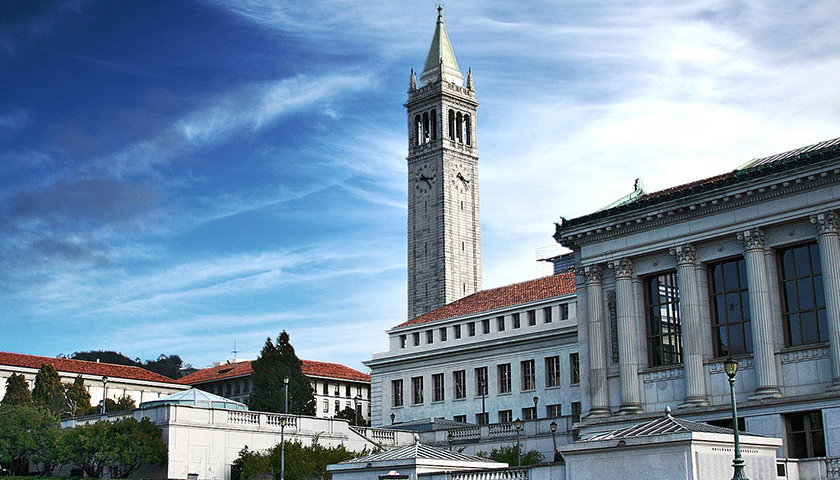by Katelynn Richardson
University of California’s new Community Safety Plan shifts major responsibilities and funding away from UC Police Departments.
The plan, based on an 80-page report released this summer by the Department of Public Safety Community Advisory Board, was announced by UC President Michael Drake last week and will be implemented across all 10 campuses. It reflects UC’s “commitment to equity and social justice.”
“Under this new model, a multidisciplinary team of mental health professionals, campus police, social service providers, police accountability boards and other personnel will work together to prioritize the well-being of the entire UC community,” Drake said in a message to the university. “This reimagined structure will ensure that the m,ost appropriate responders are deployed to meet our community’s specific needs with tailored care resources and services.”
By March 2022, each University of California campus is expected to create a “holistic, inclusive, tiered response service portfolio” to outline how different personal and departments–like Student Affairs, Student Health Centers, Title IX offices, and Diversity, Equity and Inclusion offices–will meet current needs. Until then, campuses have been asked to freeze the hiring of safety personnel.
The plan also includes a requirement for the police force to receive regular training in “cultural competency and diversity; anti-racism, eliminating homophobia and transphobia.”
Additionally, the plan calls on campuses to make space for “the variety of views including maintaining, defunding or abolishing police departments” and establish an “independent, civilian campus police accountability body” to review complaints.
Multiple campuses have already released statements on how they will be putting the plan into action. Mark Fisher, UC Berkeley vice chancellor for Administration, explained the changes coming to his campus to Berkeley News.
“We are shifting a number of on-campus operations away from UCPD. These are operations that can be categorized as non-law-enforcement activities,” he said. “The moves allow us to shrink the portfolio of UCPD and reduce what might be uncomfortable contact with the department.”
Services that will no longer be handled by Berkley PD include building access requests, fingerprinting, emergency operations, crime reporting, and mental health crises.
UC Davis also commented on the plan in a news release, explaining that their police are “already in the process of developing a tiered approach to incidents that involve mental health professionals and other nonsworn staff as appropriate, rather than sending armed officers to noncrime-related or medical emergency calls.”
In a campus-wide message, UCLA Chancellor Gene D. Block and Executive Vice Chancellor and Provost Emily A. Carter explained that the school intends to publish its own public safety report in the fall. They also expressed their enthusiasm for President Drake’s plan.
Campus Reform reached out to the UC office of the President for comment; this article will be updated accordingly.
– – –
Katelynn Richardson is a Nevada Campus Correspondent with Campus Reform. She is a junior at the University of Nevada, Las Vegas majoring in English with a concentration in creative writing. She works part-time as a copywriter and enjoys blogging about everything from books to culture and theology.
Photo “Berkeley Campus” by brainchildvn CC BY 2.0.




